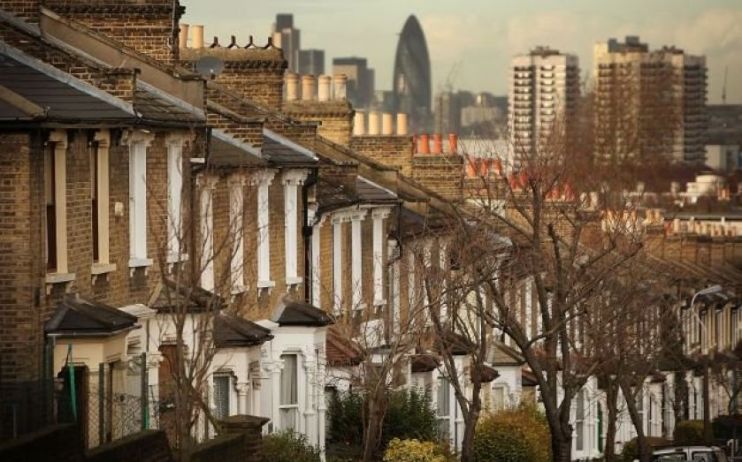Queen’s Speech: Planning reforms are badly needed but must also deliver for London’s hopeful homeowners

The Queen’s Speech will include the biggest overhaul of England’s planning system in seventy years.
The country will be split into “growth” and “protection” zones – with a potential third “regeneration” designation. Growth areas will have limited restrictions on development while building in protection areas will be restricted.
The zones are to be designated by councils in local plans with community consultation. But there will be less ability to reject individual developments that fit within the plan. This is big news. A less discretionary system with ambitious targets means more certainty to invest in building, alleviating the housing crisis.
Government ministers are hoping planning reforms will expand home ownership in towns and small cities across the north and midlands that have voted Conservative for the first time in generations. The Tories have achieved immense electoral success through a political realignment of culturally conservative, working class voters away from the Labour Party. The Government now faces the immense challenge to deliver for everyone living in those “left behind” areas.
Making it easier to build and live is not a bad way to start. But the goal of planning reform must not be so narrow. We cannot forget where the housing shortage is most acute: cities. People in London spend more than twice as much on rent, and two-fifths more on mortgage repayments, than the rest of the country.
Ultimately this is driven by the movement of people into cities, the engine room of a contemporary economy. They are where people work, socialise and be entertained. Cities benefit from “agglomeration effects,” that is, when people meet they spontaneously exchange ideas. This clash and greater scale drives new ideas and productivity gains which enrich humanity.
As preeminent urban economist Edward Glaeser writes: “our culture, our prosperity, and our freedom are all ultimately gifts of people living, working, and thinking together—the ultimate triumph of the city.”
The pandemic and working from home revolution has temporarily paused the rise of the city – just like the motor vehicle in the mid-20th century allowed people to live further afield. Rents have fallen in parts of London with hundreds of thousands of people leaving the capital. But most will return and those who do not will be replaced by the next generation of young and ambitious.
Those that think the city is permanently dead are misguided. The pandemic restrictions limited the ability for people to meet, dine, drink, club, or be entertained in a theatre or sporting match. As restrictions are lifted people will want to do these activities once more. A return to the city and a Roaring Twenties awaits.
The Government should not bemoan people moving into cities or subsidise people remaining in hometowns. Social mobility depends on physical mobility. The great power of cities is that they attract the poor but ambitious, who want to better their lot. There could be nothing more Tory.
The challenge is to ensure people are not locked out of cities and jobs because of unaffordable housing. The inability for people to live where they would be most productive has huge economic consequences, dragging down incomes across the country. Planning reform, by giving people access to more appropriate and better-paying jobs, could boost GDP by more than 20 per cent in a decade, allowing the UK to overtake Germany’s economy.
One solution mooted in the planning white paper last year was street votes: allowing a street or block to their set design rules with gentle densification. This would make building more homes win-win, with everyone on the street receiving equal permission to add that extra story or an extension onto a derelict alleyway.
A truly one nation Conservative Party should aspire to deliver for everyone right across the United Kingdom. Planning reform can deliver for people from town to megacity.